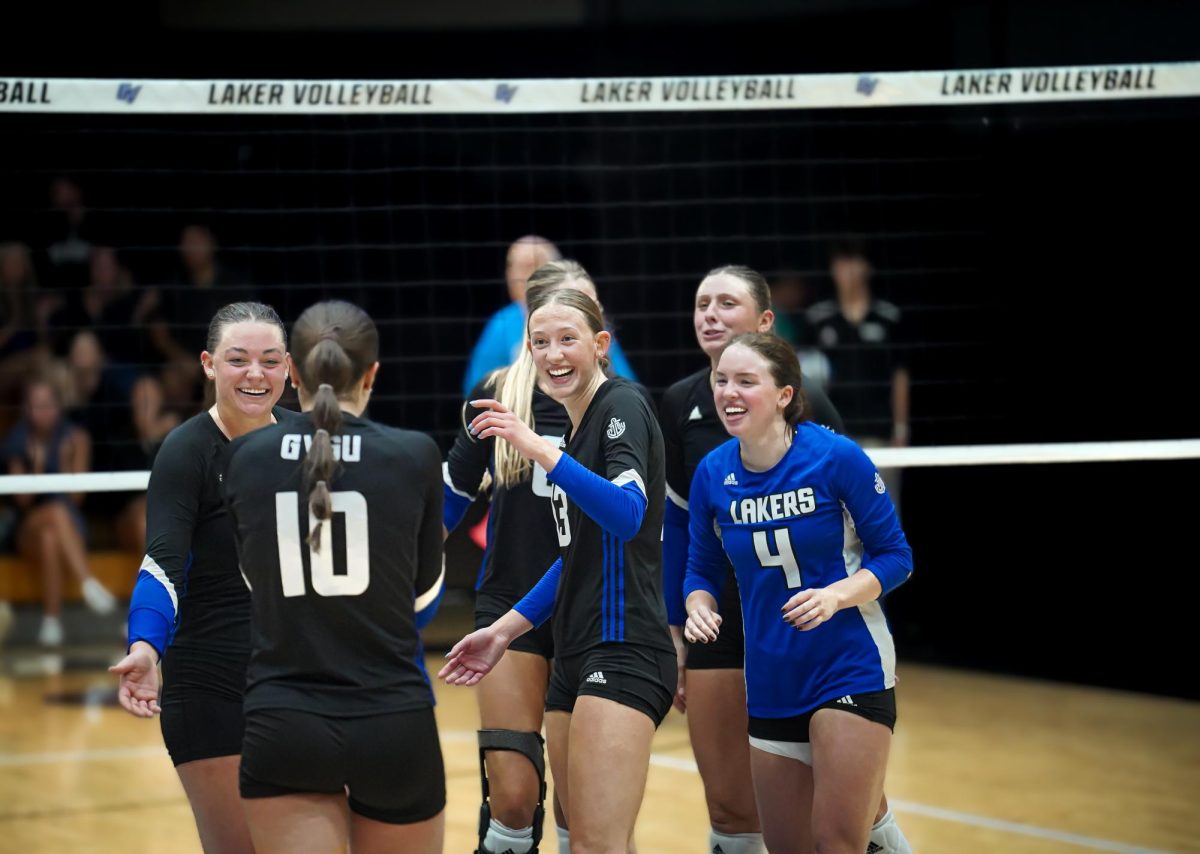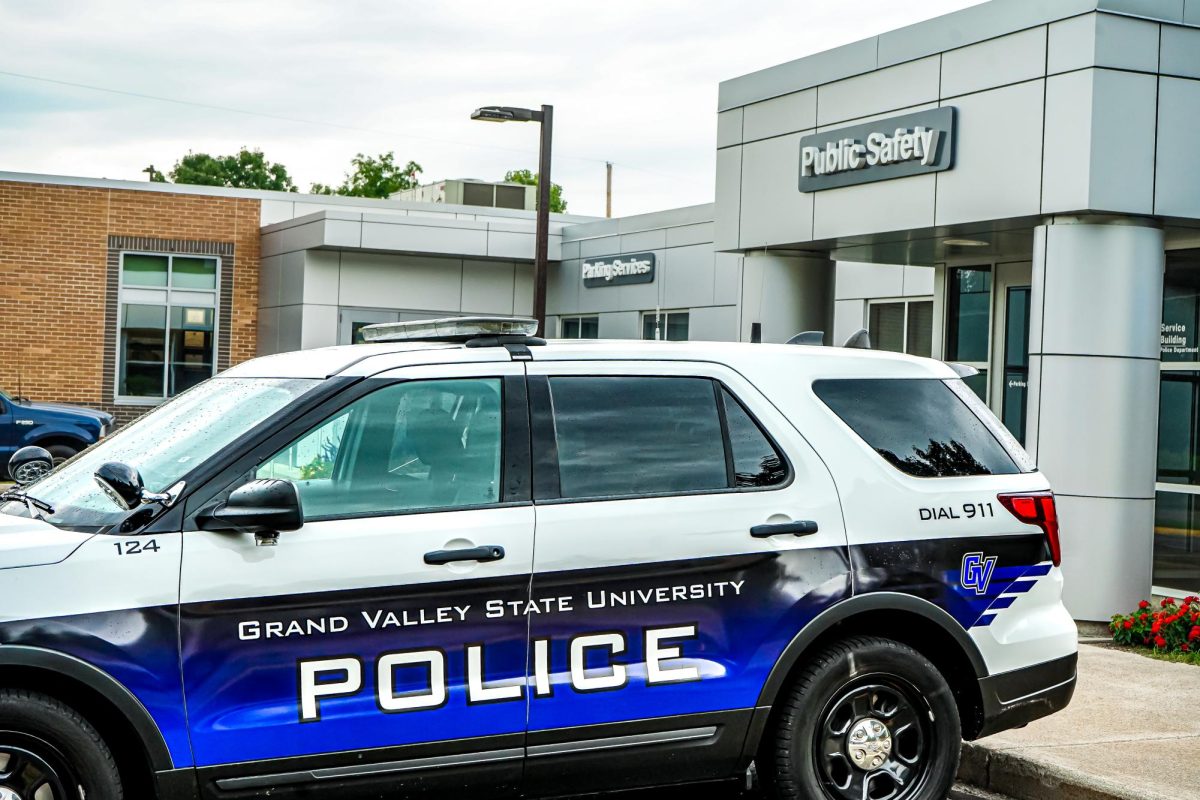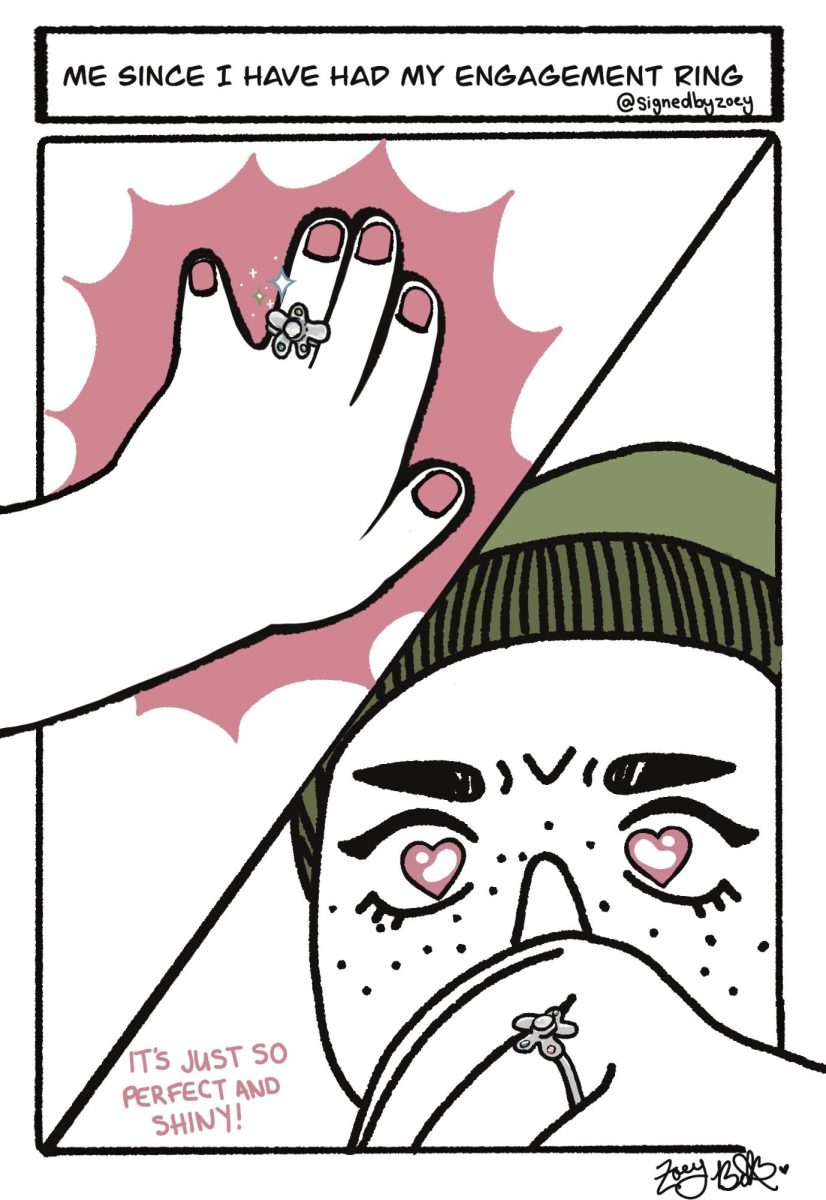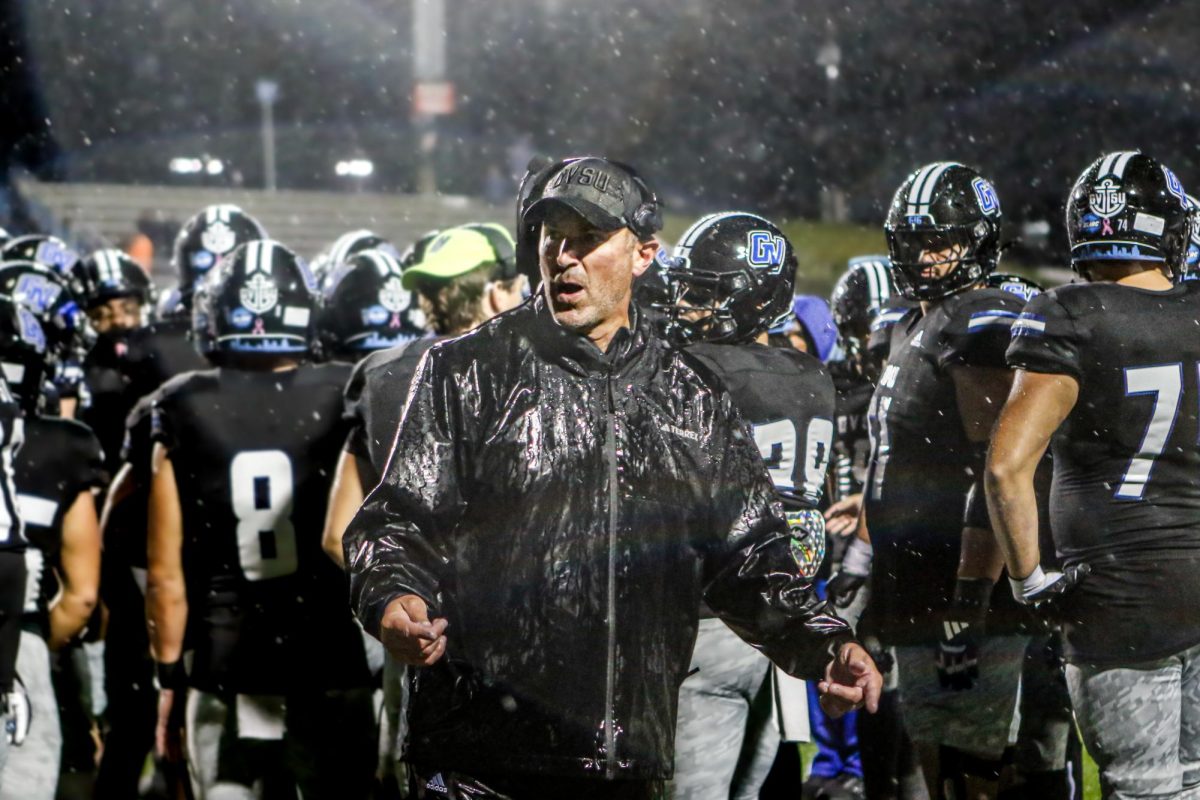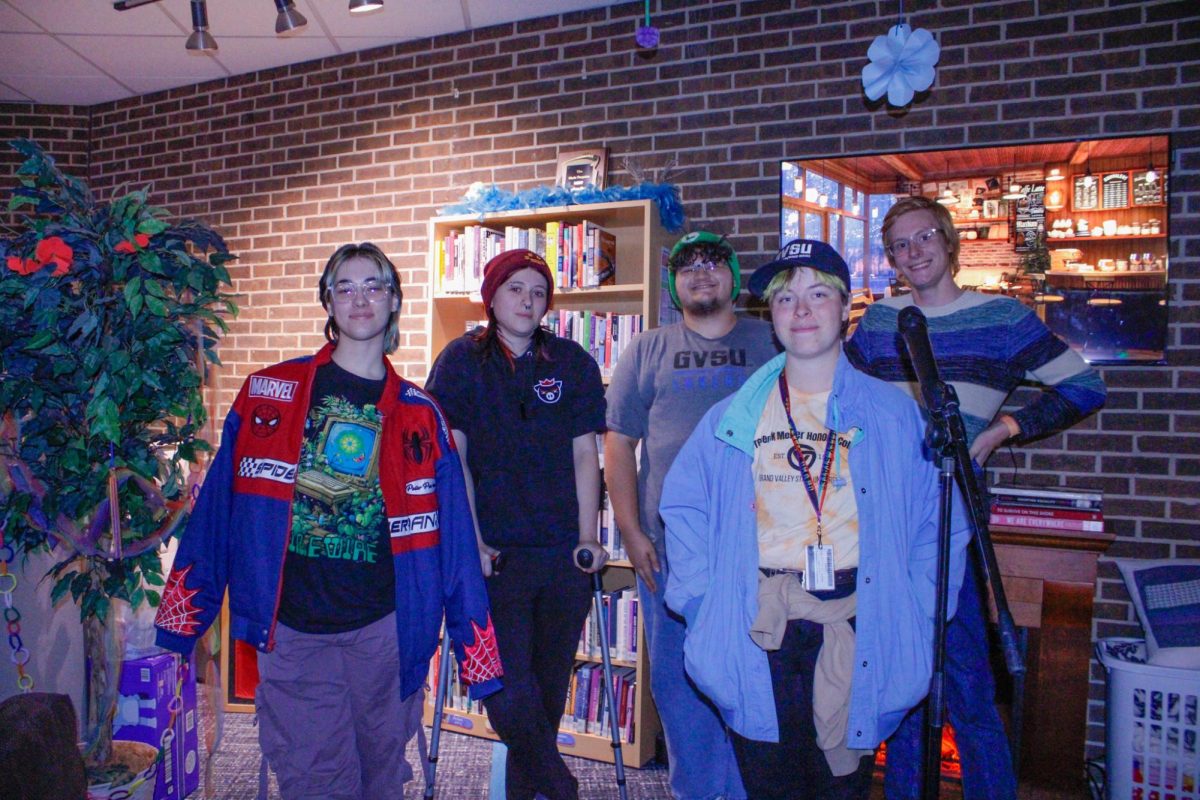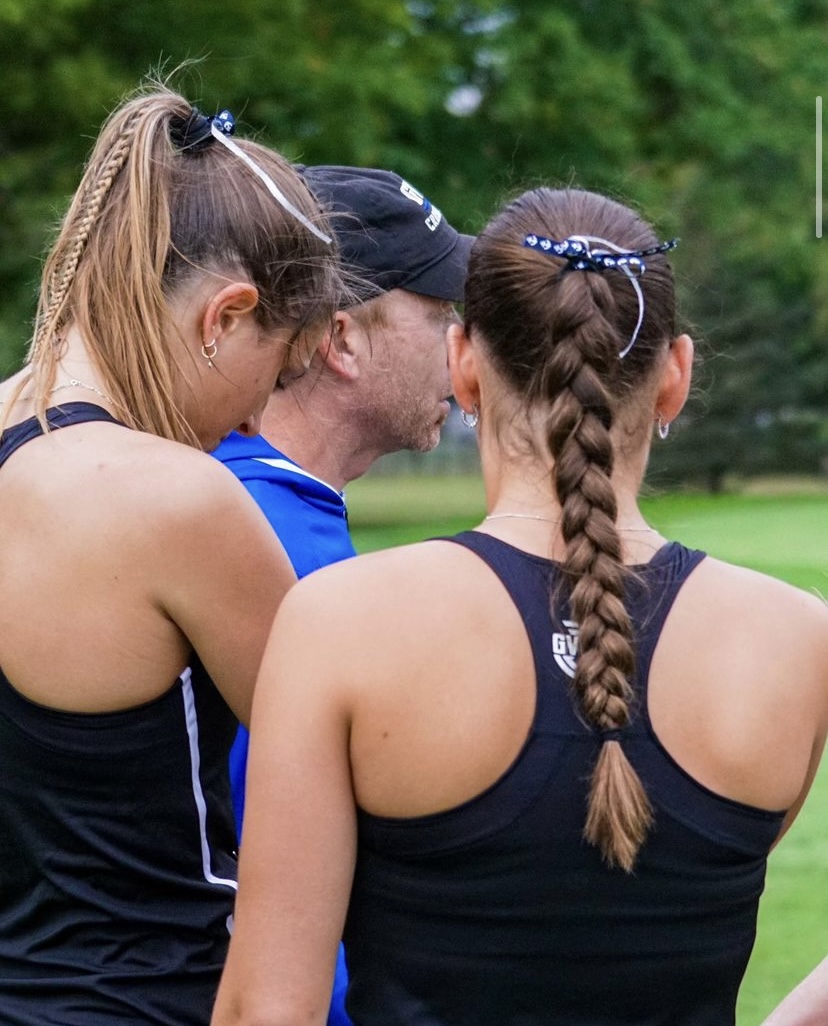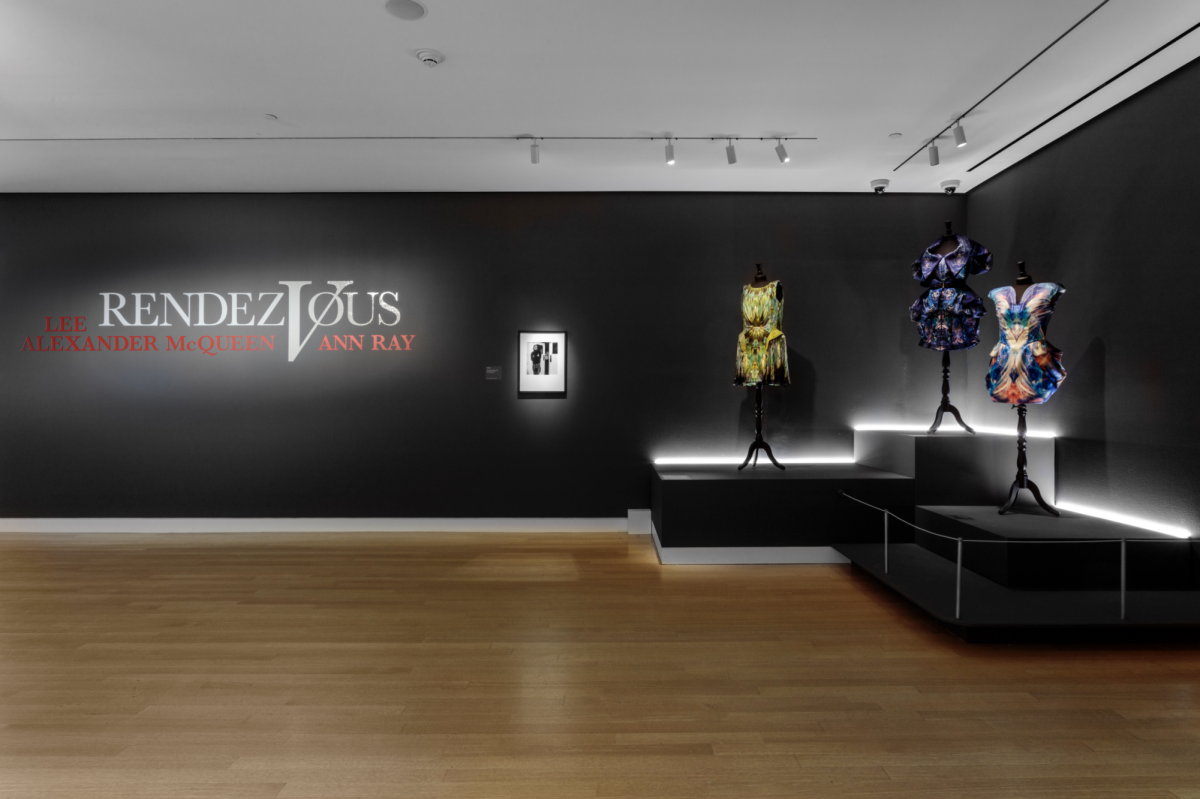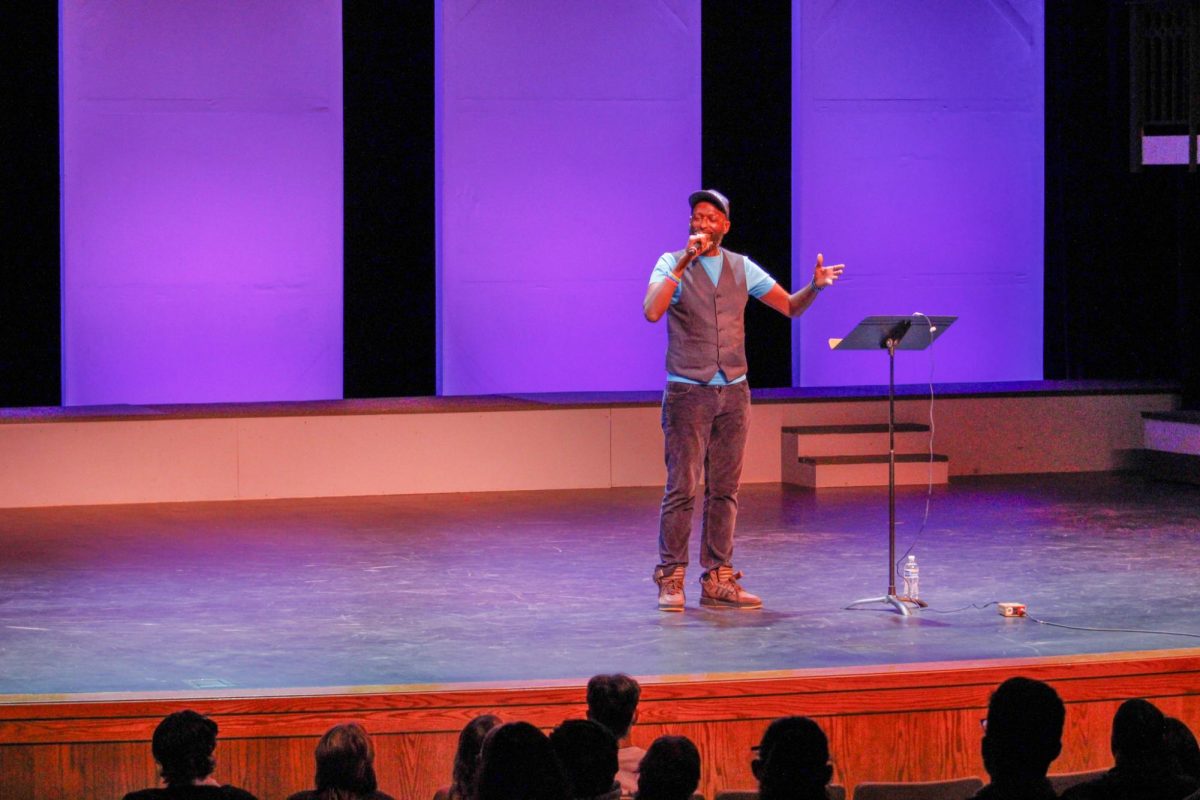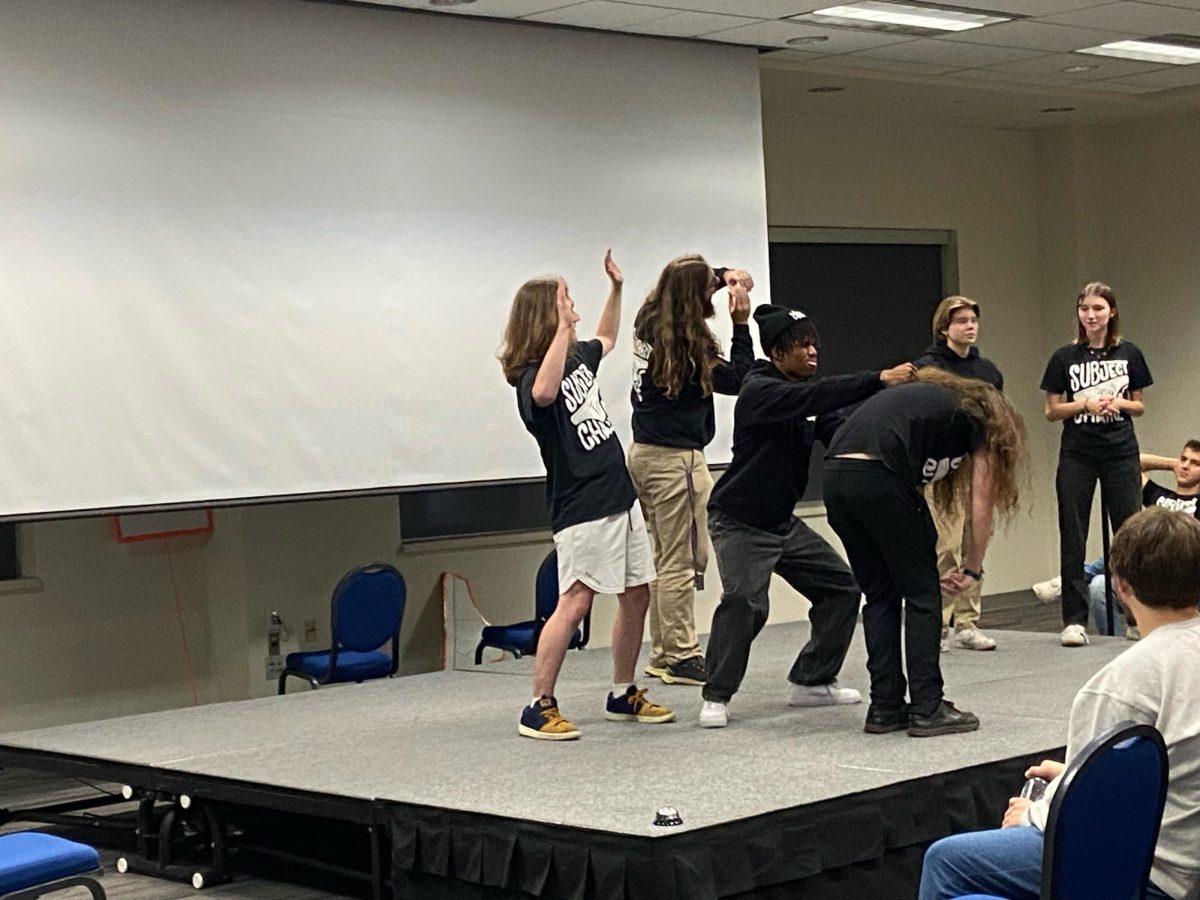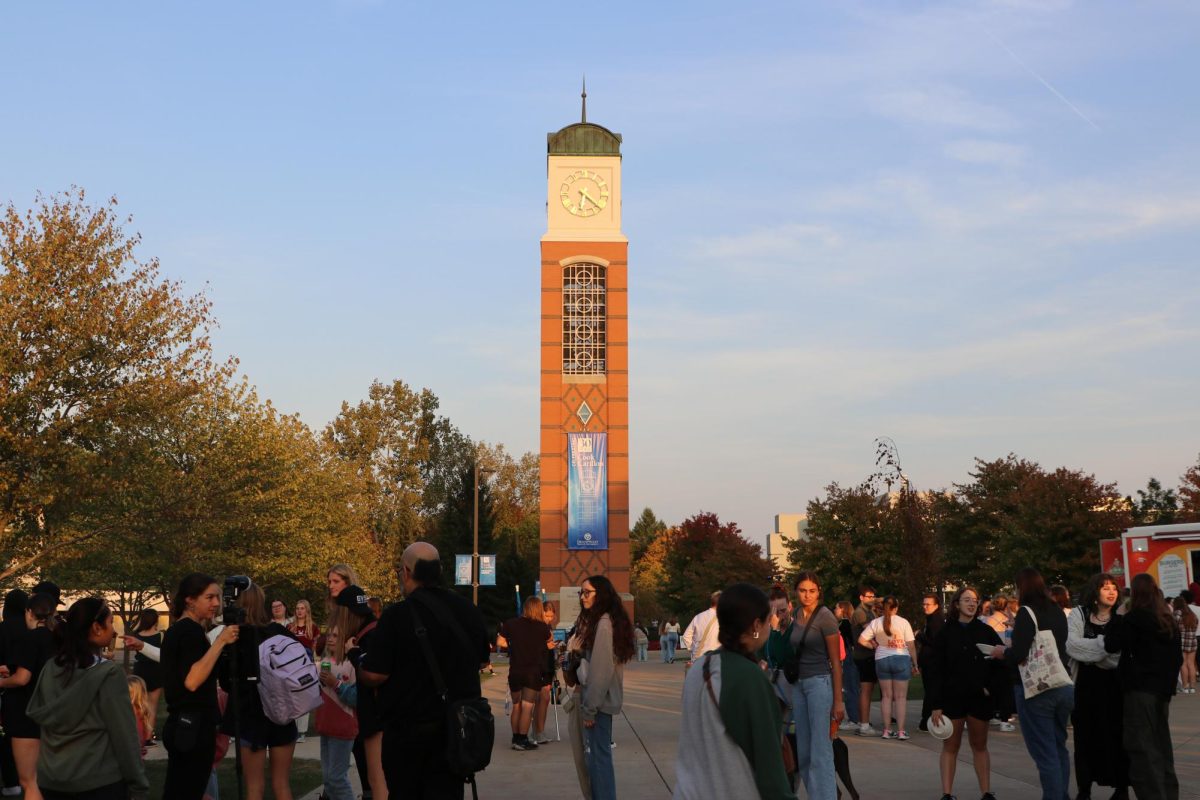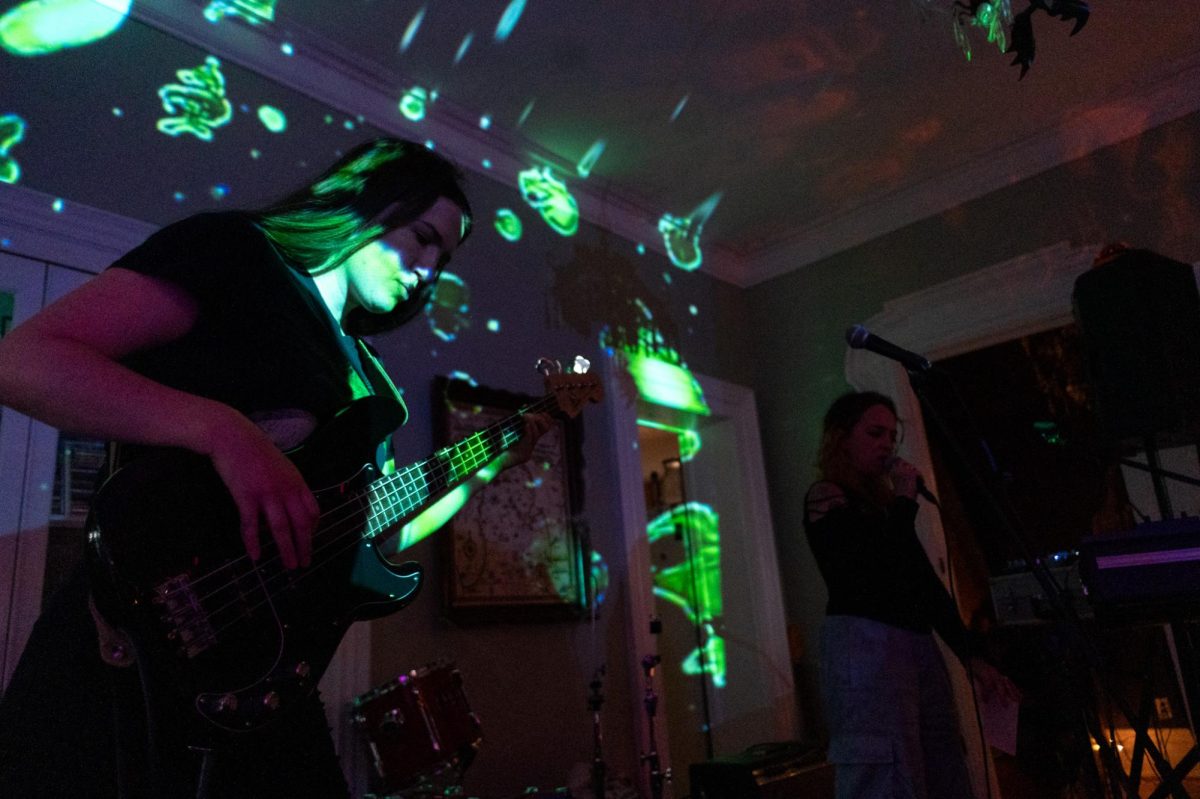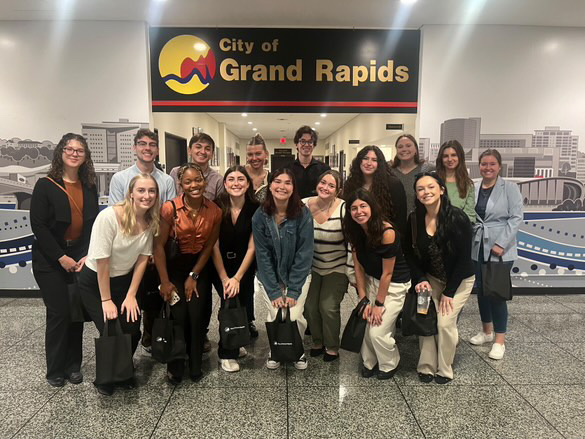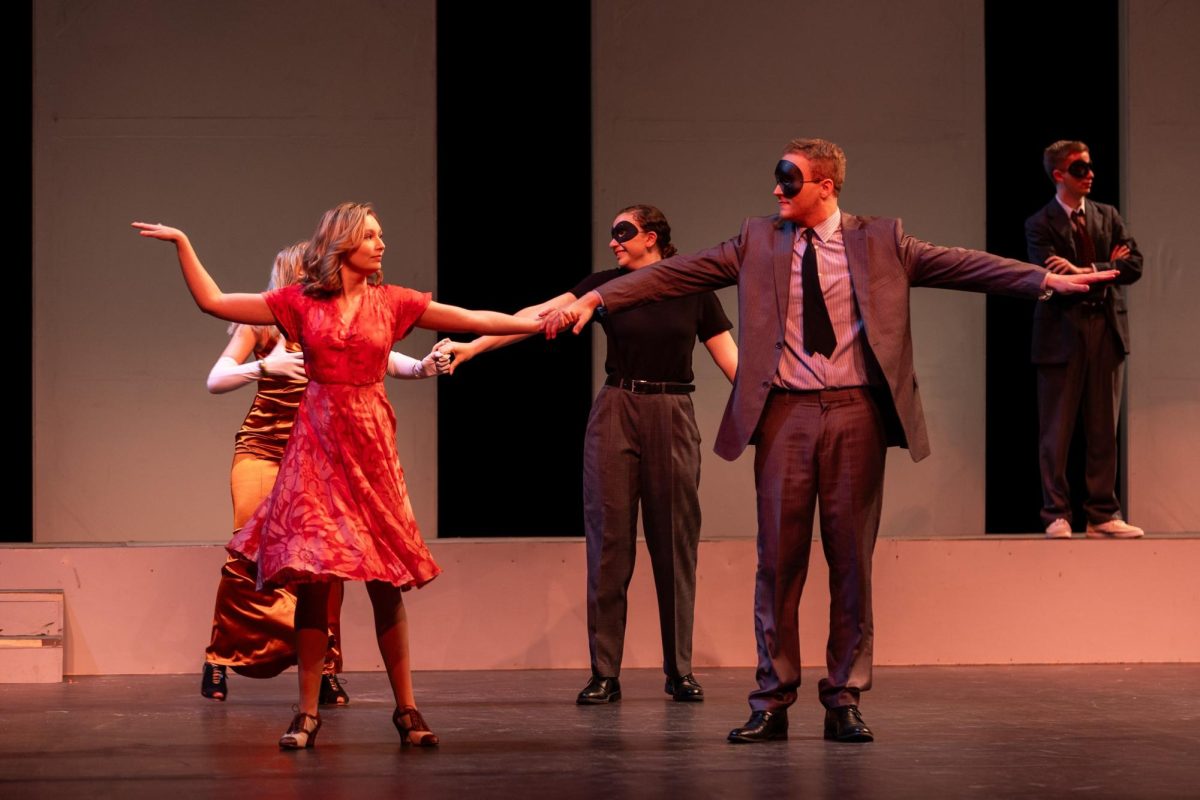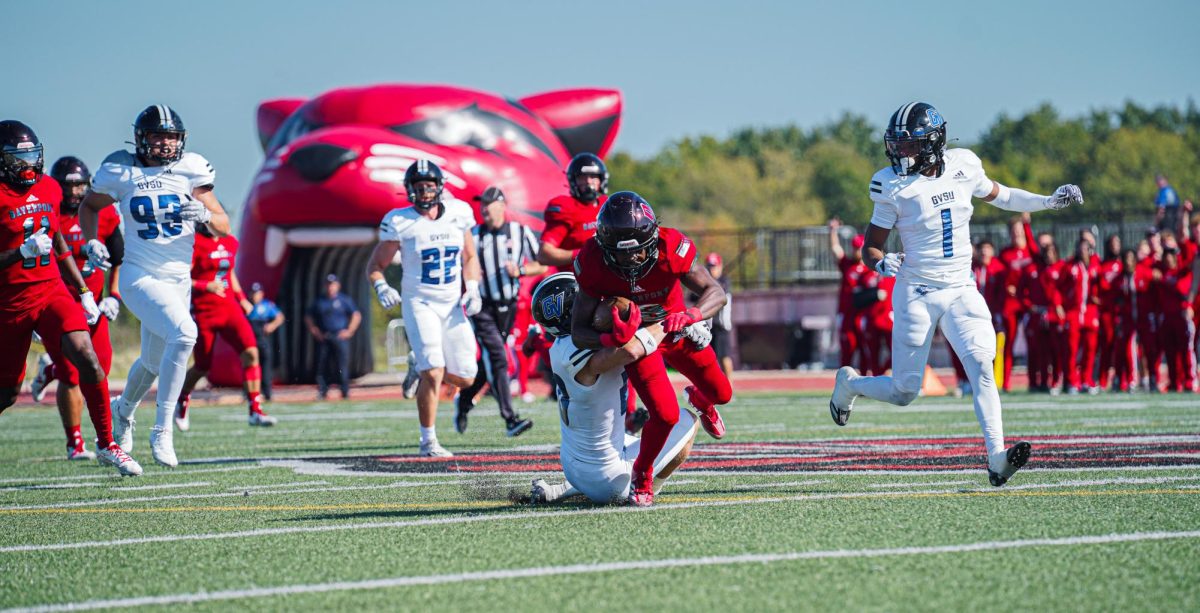‘Black America since MLK’
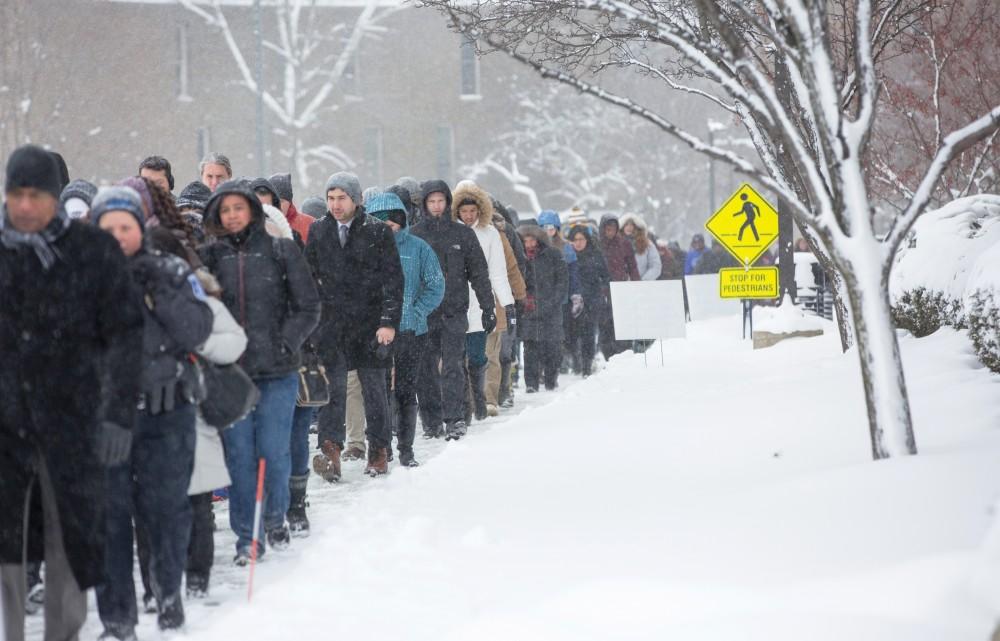
GVL / Kevin Sielaff – Touré, Vice columnist and well known author, visits Grand Valley’s Allendale campus on a chilly Monday, Jan. 18, 2016. Hundreds of students gathered inside the Fieldhouse to listen to Touré’s keynote speech; the students also participated in a silent march before the event.
Jan 12, 2017
It has been about 50 years since the inception of the Civil Rights Movement in the U.S, a complex and comprehensive part of African-American history propelled by humanitarians and activists like Martin Luther King Jr. who were central to achieving major civil rights victories.
How far the U.S. has come since then in terms of racial equality will be a central topic explored during a film screening and discussion panel as part of the MLK Jr. Commemoration Week at Grand Valley State University.
About half-an-hour from the film series “Black America Since MLK: And Still I Rise” will be played Monday, Jan. 16 in the Kirkhof Center Pere Marquette Room. The screening will be followed by a question-and-answer segment to give participants the opportunity to reflect on the various themes and narratives in the film and to raise questions about the state of the nation. The complete event will last from 2:30 p.m. to 4 p.m.
With the tagline, “We Dream. We Struggle. We Rise,” the film series, which was created by historian and filmmaker Henry Louis Gates Jr., looks at the last 50 years of African-American history and the celebrities, scholars and other individuals who have shaped those years.
Crafted to be thoughtful and provocative, the film questions what it means to be black in today’s society, examines whether the U.S. can have a black president while events like the Ferguson shooting continue to happen and looks at the challenges and victories post-King and post-Civil Rights Movement.
George Davis, the marketing and special events coordinator with WGVU Public Media, will be facilitating the film and discussion.
Davis, who has facilitated past discussion panels pertaining to King, said viewing a portion of the film series will underscore how African-Americans identify themselves ethically and culturally in an ever-changing society.
“What do we see as the next victory for African-American people is the point that I am hoping to see accomplished during the panel,” Davis said.
The panel for the film discussion will include Jennifer Stewart, a sociology professor at GVSU, whose research emphasis is on race and ethnicity. Regis Fox, an assistant English professor at GVSU with an emphasis in African-American literary and cultural studies, and Louis Moore, a GVSU history professor and the coordinator for African/African-American studies, will also be part of the panel discussion Monday, Jan. 16.
Bobby Springer, the associate director of GVSU’s Office of Multicultural Affairs, said the event will inspire real dialogue about King’s goals and conversations and how they reflect what is currently happening within society.
“Some will say that we have made progress; some will say that we haven’t made much progress,” Springer said. “But it is a time for us to stop, think about some things that have happened over time and have some dialogue about those things.”
Noting how the central focus of the event is the video and the discussion, Springer also said the participants in the panel will provide a deep and thoughtful experience for the audience.
“I haven’t had the chance to watch the whole (series), just bits and pieces, but it’s one that I think will generate a nice conversation of what exactly is happening here in this country,” Springer said.
Davis said people acting in light of King’s story will have to organize, be strategic and believe the causes they are fighting for have merit.
“Overall I want students to take away from the discussion (that) they do have the power to change the narrative,” Davis said. “Whether they be students of color or part of the majority of students, there is power in their work and in their collective cause.”
For more information about events during the MLK Jr. Commemoration Week, visit www.gvsu.edu/mlk/.



